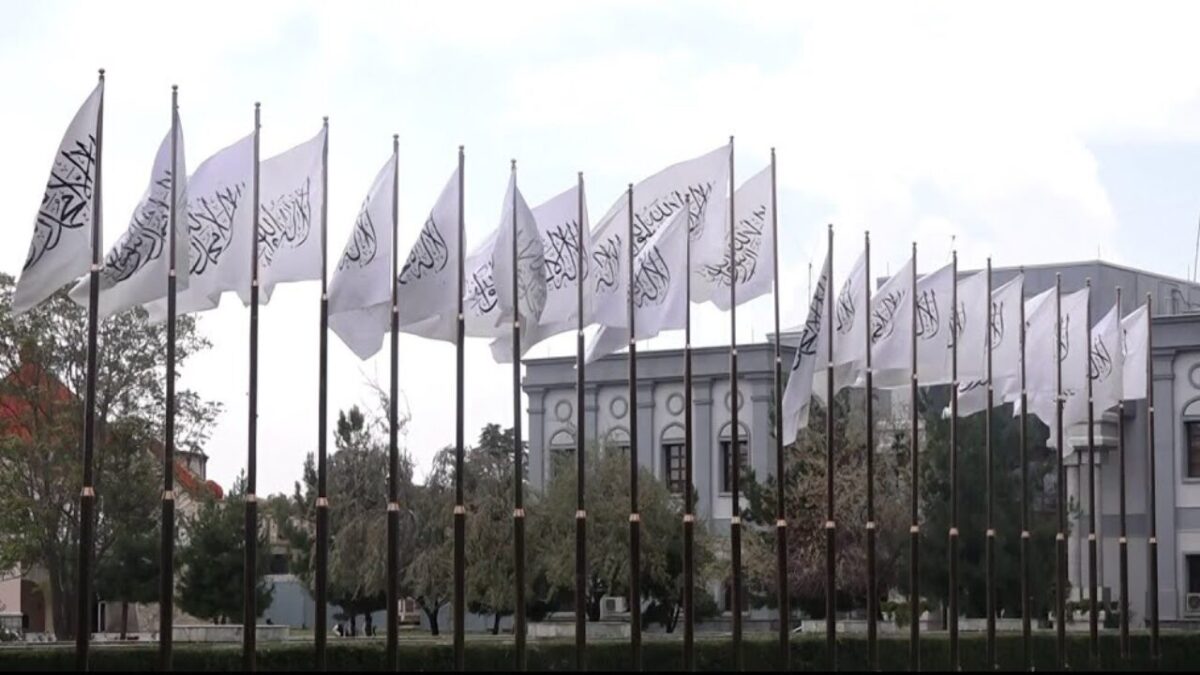Taliban leader Hibatullah Akhundzada has renewed his call for cooperation between religious scholars and the Taliban rule, stating that “the voice of the pulpit and the state must be unified” to ensure the successful implementation of the group’s newly enacted laws.
According to a statement from the Taliban governor’s office in Kandahar, Akhundzada told religious scholars at a gathering in Kandahar that, historically, there had been a disconnect between the “voice of the pulpit and the state,” which he claimed were often at odds.
His remarks come amid growing international criticism of the Taliban’s new law, which severely curtails the rights of women and girls in Afghanistan.
This week, members of the United Nations Security Council harshly criticized the new Taliban laws, while the European Parliament passed a resolution condemning the group’s policies, urging that the “gender apartheid” in Afghanistan be recognized as a crime against humanity.
Despite the international condemnation, Akhundzada has continued to defend the Taliban’s legal framework during his visits to northern and northeastern provinces and in meetings with scholars in Kandahar.
“The voice of the state and the pulpit must be unified for religion, the system, the nation, and the people to progress,” he said. He added that past governments had prevented clerics from speaking truth to power and that religious leaders were often silenced.
According to Akhundzada, the “objectives of the pulpit and the state” are now aligned under Taliban rule.
Previously, Akhundzada had urged religious scholars not to publicly criticize him from the pulpit, suggesting that they bring their concerns to him directly.
Last month, a prominent scholar in Herat publicly challenged the Taliban’s Minister of Higher Education to a debate over the government’s policies on girls’ education. The minister did not respond to the invitation.





